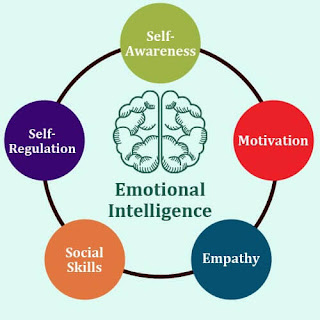Medical Treatment for Aspergers
This post discusses strategies that assist in medication treatment of people with Aspergers and high functioning autism. Elsewhere, there are recent reviews offering detailed information on medications used for HIGH FUNCTIONING AUTISM and ASPERGERS [1]. The objective here is to discuss the logic and organization of medication treatments for symptoms of ASPERGERS and ways to decide which medications may be useful. ASPERGERS and HIGH FUNCTIONING AUTISM have moved from being esoteric, “boutique” conditions into the mainstream of child and adolescent psychiatric practice. Diligent practitioners recognize they must be informed about the diagnosis, course, and treatment of these disorders. Recent epidemiologic studies suggest a prevalence of approximately 19–67/10,000 people for autism spectrum disorders [2], [3], [4]. Moreover, autism spectrum disorders are no longer the exclusive province of specialists. A typical child and adolescent psychiatric practice is likely to see individuals fr

